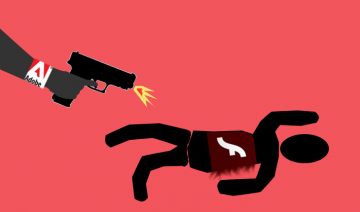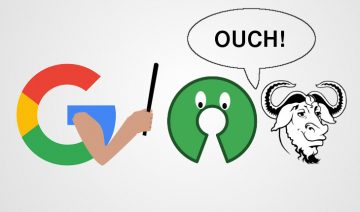The new proposal for the EU parliament to reform “copyright in the Digital Single Market” i.e. online copyright, is probably a move that should’ve happened years ago.
Stemming from the new role of the Internet as the main marketplace for the distribution and access to copyright protected content, which gave birth to all sorts of new business models, it was decided more than two years ago by the EU Commission to work towards “a modern, more European copyright framework”.
Concluding their work in a new proposal, the European parliament is scheduled to vote for or against it on October 10, this year.
However, together with the good intentions of adapting European laws to modern reality, there might be some valuable rights stepped on along the process, warns Mozilla.
Perhaps the most important and contentious part of the proposal (starts at subsection 37) is the removal of crucial protections for intermediary sides, resulting in online services providers e.g. websites owners, forums / social-media administrators, etc, liable to the content uploaded by their users, to the extent that they would be obliged to conclude licensing agreements with any potential rightholder of the content being uploaded or filter any content that may be deemed copyright infringing.
According to Mozilla the danger in that suggestion is that it may “force most online platforms to monitor [and possibly filter] all content you post — like Wikipedia, eBay, software repositories on Github, or DeviantArt submissions”, “effectively undermining innovation, competition and freedom of expression” says Mozilla’s Senior EU Policy Manager, Raegan MacDonald.
Another amendment suggested by the proposal may also interfere with our ability to learn from a diverse selection of sources by extending copyright to cover news snippets, which may restrict sharing and accessing to news online.
Lastly, another important virtue that may be lost in the case the proposal shall pass in its entirety, is the ability to freely mine texts and datasets by anyone who wishes to, which the proposal is restricting to scientific research institutions only, meaning journalists, librarians, advocacy groups, and independent scientists – would not be able to make use of such vital feature, putting Europe in a competitive disadvantage in the world.
In order to act upon the above, Mozilla has created a designated website for European citizens to be able to learn more about the subject and also communicate with members of the European Parliament, hopefully influencing their decision when the time comes.







